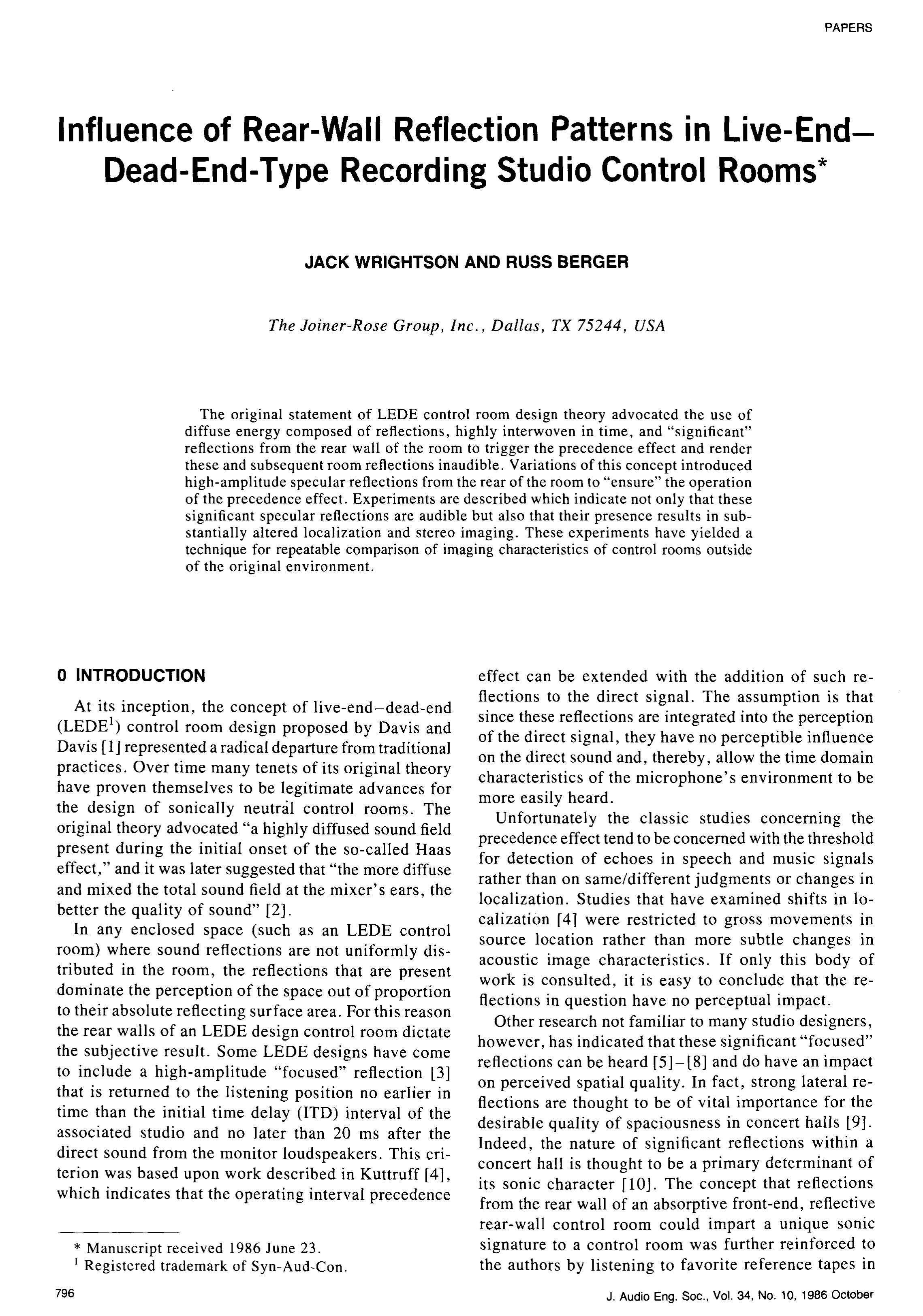- Joined
- May 18, 2020
- Messages
- 1,285
- Likes
- 2,942
Yes, I have no reason to doubt those findings. Listening in a normal domestic room is quite clearly not a total disaster, and can indeed be very pleasant and satisfying. The brain can indeed process and separate things out to a wondrous degree.Lastly, may I also refer to the end of chapter 6.2 of "Sound Reproduction" (3rd ed, page 153), citing in turn Hughes et all paper from 2016. who seem to have found that in cases when listening to a recording from a 'real' space in a different 'listening' space, the larger of the two spaces is most often percieved.
This would speak in favour of the claim that the 'small room' acoustical signature of many living rooms need not overpower the basic acoustic signature of the space in the recording.
What worries me about such findings is that "step one" of the experiment is never performed - subjects are never invited to first listen in a non-environment, and never invited to state a preference between the two conditions. They're never asked to compare - in which was it easier to hear the larger space? Which was more pleasant? Which was more authentic, more like reality, less fatiguing?
My hypothesis, based on decades of observation, is that without the brain's deciphering program running hard in the background, the non-environment is not only more accurate in terms of transfer function, but also less fatiguing and ultimately more satisfying.
I readily accept that mine is an elitist perspective, based on being able to fix up my rooms in ways that are ludicrously non-domestic and selfish, and I absolutely applaud those who manipulate more conventional environments to such a satisfying degree.

